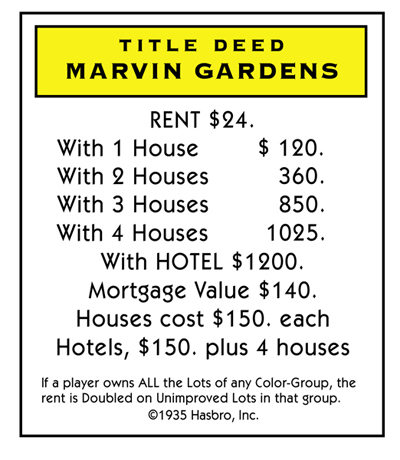On Tuesday, with a few of your grandparents, we wrote these poems:
Today, we will start the independent work you'll focus on for the next three weeks. I'll give you a more formal write-up of the project later in the week, but here is the essence of it:
- You will choose a type of writing to explore / to learn about / to practice / to revise / to create a final portfolio. Some options include:
- Children’s literature
- Reviews (food, movie, music, etc.)
- Criticism - critical commentary on a topic or issue
- Journalism - reportage, opinion pieces, new analysis, etc.
- Biography - this might include interviews, research
- Spoken word poetry / Storytelling - pieces specifically meant to be performed / shared aloud
- Scripts - movie, tv, theater (an extension of our earlier dialogue work)
- Blogging
- Fan fiction
- Song lyrics
- Fiction - short story, vignette, novella, short short fiction, etc.
- Poetry - any form
- Non-fiction - creative essay
- Memoir
- (whatever you want!)
- You will spend time over the next two days gathering examples of the type of writing you're going to work with for this project. You might want to read through a variety of different ones to help you figure out what you want to do!
- Write a proposal. This is due by the end of class on Friday. In your proposal, you will include:
- The genre of your focus
- Three (or more) examples of works in this genre - look for both famous / well-known examples as well as lesser-known / smaller scale ones.
- For each of these three (or more) pieces you will write a commentary, explaining:
- What works / doesn't work about it?
- What is inspiring about it?
- Something it does that you want to be able to do / something it does that you want to be sure not to do
- The questions / issues / concerns it raises for you as a writer
- What you want to accomplish
- How many pieces? How long will they be? What format will they be in?
- We will then conference about your proposal and negotiate terms for the final portfolio you'll submit.
- You'll have class time over the next few weeks to work on and complete your project!

